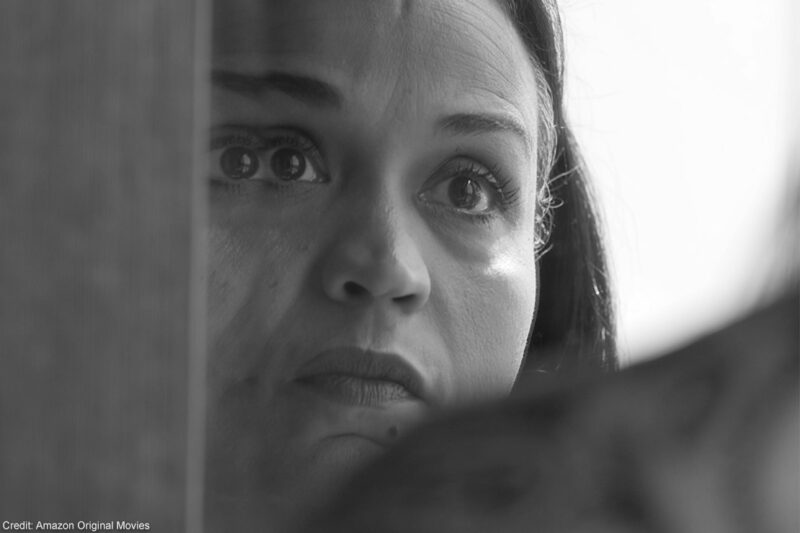Filmmaker Garrett Bradley on Time in the Criminal Justice System


When a person is sent to jail, prison, or detention, their departure triggers a ripple effect. One person’s incarceration touches family members, friends, lovers — their absence can have community-wide repercussions. What happens in the space they leave behind is a central line of inquiry in filmmaker Garrett Bradley’s latest work, “Time.” The film follows Sibil “Fox” Richardson as she raises her six children, maintains her career, and simply moves through her daily life — all while relentlessly fighting for her husband Rob’s release from prison.
Fox is the film’s central character and co-creator with Bradley. Interspersed with Bradley’s own footage are home videos lovingly made over the course of years by Fox for Rob, ensuring he didn’t have to miss out on important family moments — both pivotal and small — even when he couldn’t be there in person. The home videos, along with what is clearly a deep trust between director and subject, inflect the film with a singular intimacy.
In a growing world of art that takes on incarceration as its subject, “Time” stands out for what it excludes: There are no shots of prison cells; no grim statistics; no dramatic courtroom scenes. The prison as an entity is largely absent. Instead, the film is overwhelmingly focused on the kind of love — romantic and familial — that carries the Richardson family through the waiting, through the many unknowns that accompany Rob’s absence, through time. “Time” takes a subject that is usually presented to audiences by uplifting pain and trauma, and turns its lens to beauty and love instead.
Bradley, who became the first Black American woman to win best director at this year’s Sundance Film Festival, joined At Liberty this week to discuss her remarkable film. We discuss her artistic process, the film’s position in larger conversations about criminal justice reform, the importance of centering Black women in discourse about mass incarceration, and more.



